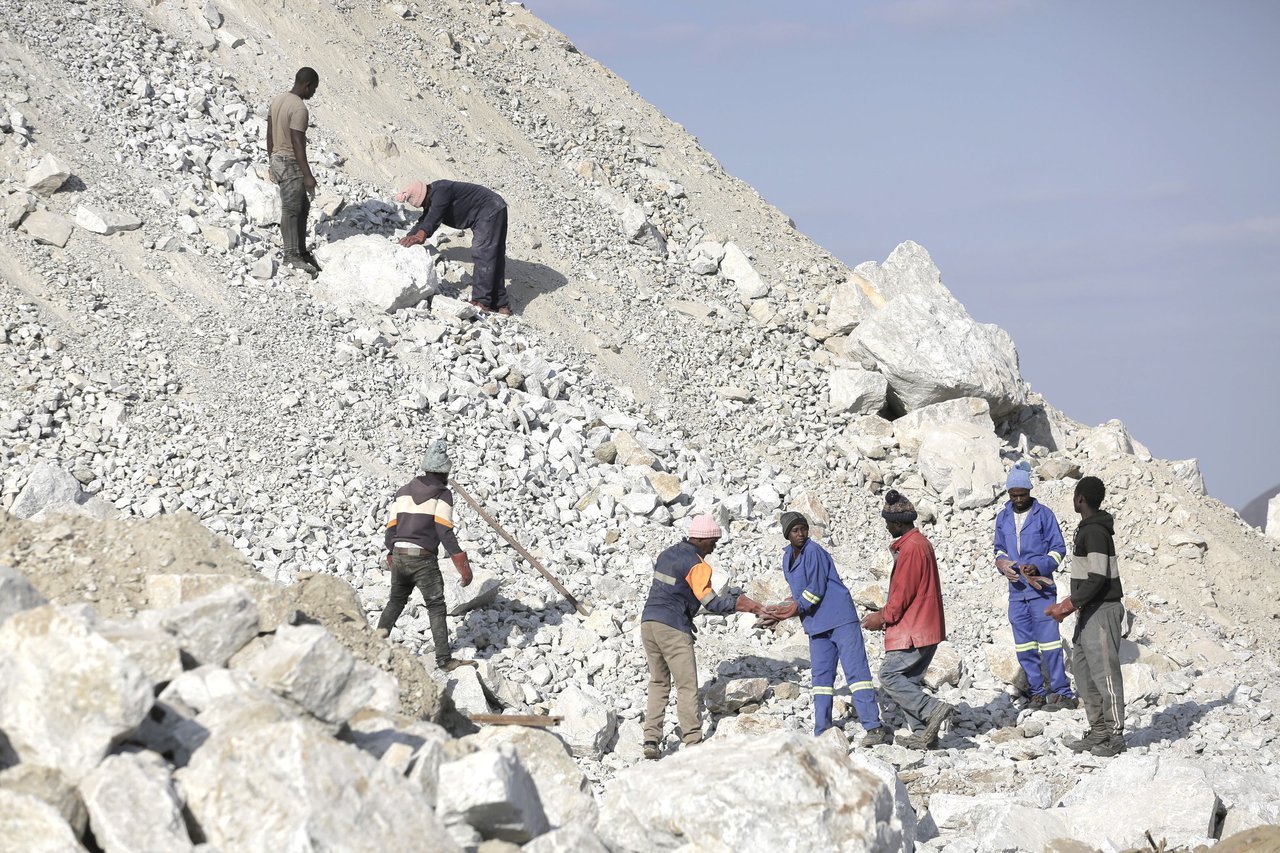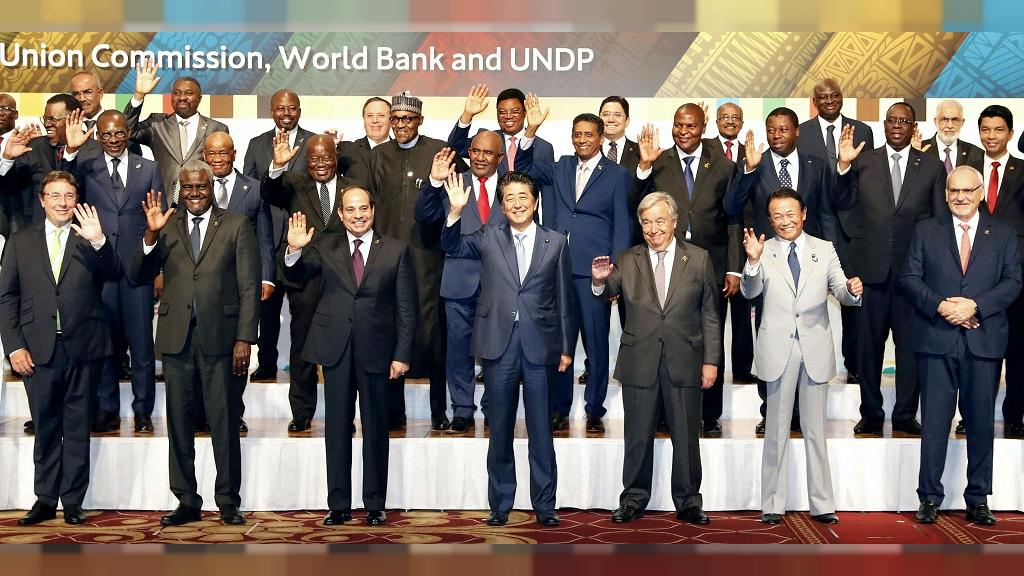As China has come to dominate global supply chains for critical raw materials (CRM) over the last two decades, the European Union and the United States have played a catch-up in race for the control of the CRM supplies — with African countries being “caught in the cross-fire”.
Faced with China’s lithium mining head-start, the EU has scrambled to ink strategic partnerships with several politically friendly African states in an effort to build CRM supply chains insulated from China, says a new policy brief recently released by the European Council on Foreign Relations (ECFR). “As the energy transition accelerates and demand for affordable clean energy capacity grows, the West is frantically trying to break China’s stronghold on supply chains to boost adoption rates and cut costs,” Audun Martinsen, head of supply chain research at Rystad Energy, noted. But experts also highlight the dark side of this ‘white gold’ rush for lithium in Africa, with many investigations showing it is fueling corruption and harming local communities and the environment.
In its earlier report, the London-based Global Witness revealed the findings of its investigation into three emerging lithium mines in Zimbabwe, Namibia, and Democratic Republic of Congo (DRC).
In Zimbabwe, the Sandawana mine saw a lithium rush involving thousands of artisanal diggers working in unsafe conditions, with reports of child labor and miners being buried by a mine collapse. In Namibia, Chinese-owned firm Xinfeng Investments has been accused of acquiring its Uis lithium mine through bribery. In DRC, the development of the Manono lithium deposit – stalled by a dispute involving Australian and Chinese mining companies – has raised numerous corruption red flags. The Global Witness report warns that while the African continent has for centuries been exploited for its minerals, with the soaring demand for ‘transition minerals’, there is a danger of history repeating itself.



